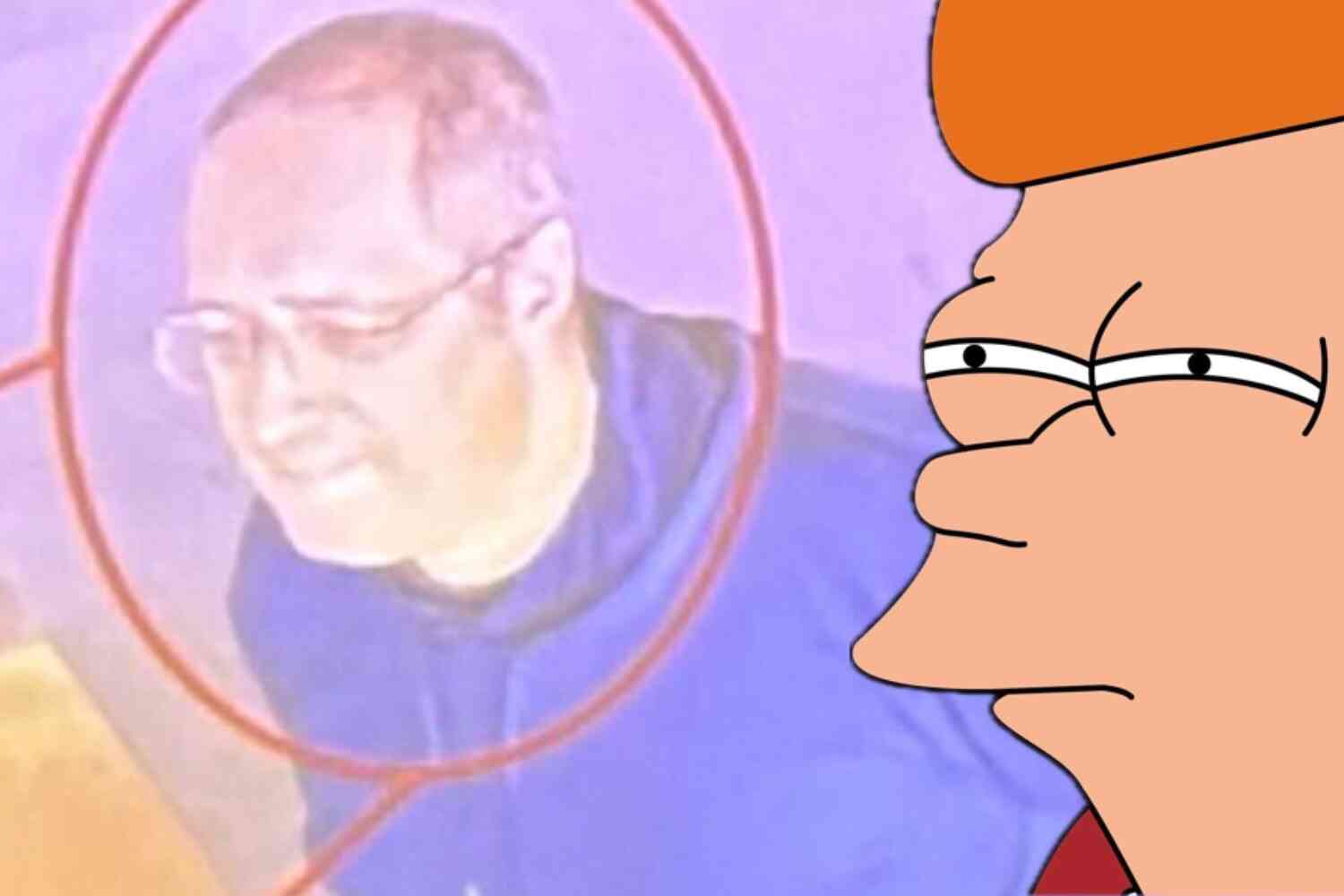According to its description, Homosaurus started in 1997 as a LGBTQ dictionary to catalogue LGBTQ jargon. Now it is used for libraries, museums, and other cultural heritage institutions worldwide to aid indexing and retrieving LGBTQ words.
As an interesting side note, the majority of entries were created in 2021, showcasing the current psychological epidemic gripping our nation in all its horrible trans-glory.
And while academics are touting the educational importance of the dictionary, it's really just a huge collection of pronouns and kinky sexual phrases that influencers who want to virtue signal that they're "allies" can use online to drive the rest of us crazy.
Which also makes it the perfect vehicle for our federal government to virtue signal by wasting tons of taxpayer money on it to drive the rest of us crazy.
And not just those of us in America.
I mean what kind of privileged colonizers would we be if we weren't spreading this insanity to other nations and other languages?

Enter a $350,000 grant from the National Endowment of the Humanities given to the University of Washington's Marika Cifor, an assistant professor in the Information School, so she can spend the next three years developing a free-standing Spanish-language Homosaurus.
Yes, soon we'll be exporting our moral depravity to all the Spanish-speaking nations of the world.


When asked if she sees the Spanish-language Homosaurus as a potential launching point to develop a vocabulary in other languages as well, Cifor responded,
Our hope is that, starting with Spanish, we'll be able to develop a multi-language platform for the Homosaurus itself. We can already use language codes — codes used to organize library collections or presentations of data — to identify terms, but we'll be happy to have more robust capacities to write things like scope notes, which tell information professionals how to use a term correctly in multiple languages, and even dialects of those languages. Those notes are currently only in English. We'll need to develop the capacity to have the full record in both Spanish and English languages, and hopefully add many others in the future. It's our hope that we can develop a kind of community-centric model and process that can support others in making alternative free-standing vocabularies in other languages.
In other words, this woke colonizer hopes to take over the world!










